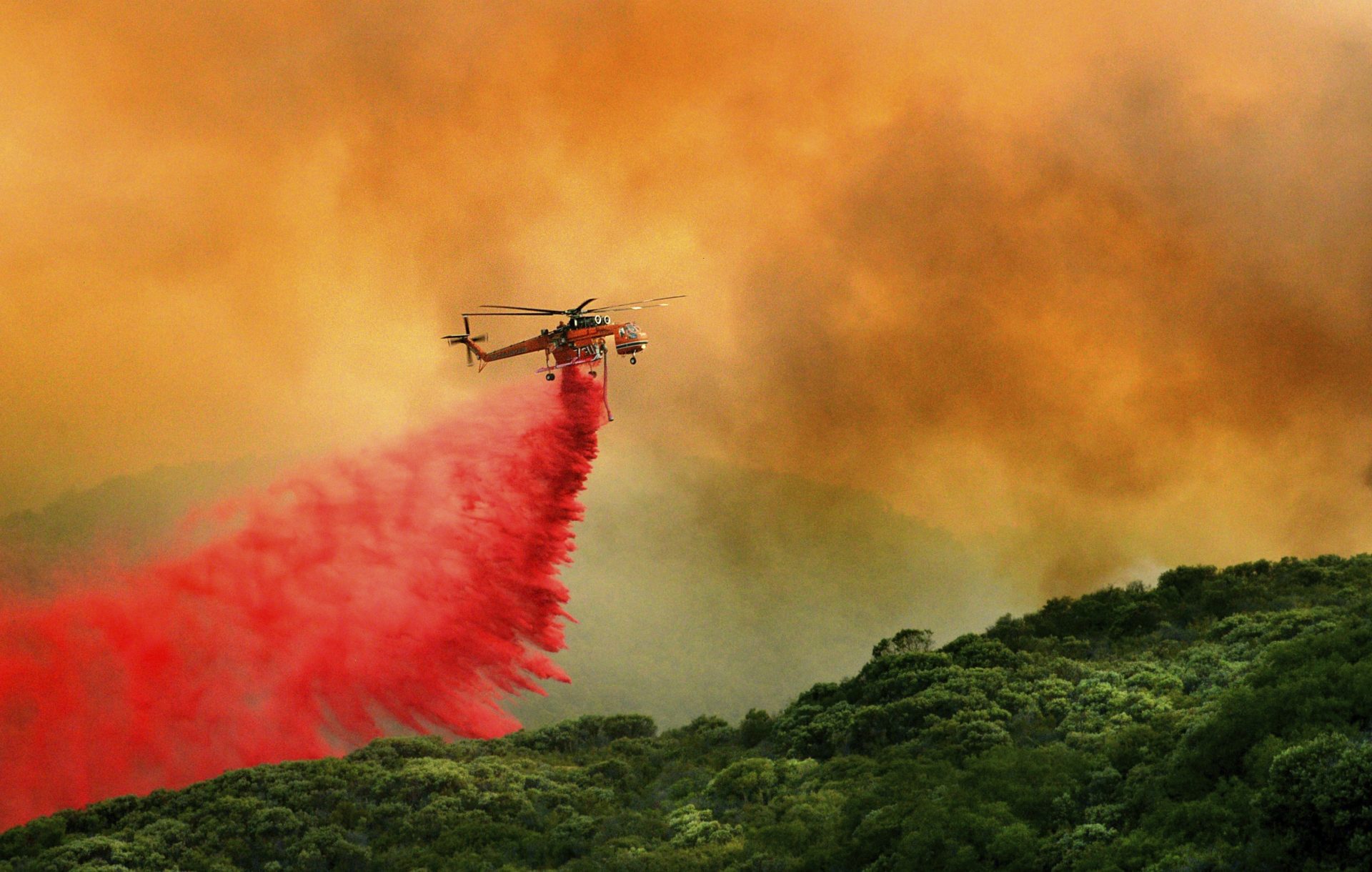Washington.- In the coming years, there is an increase in fire emergencies due to the increase in global temperatures due to climate change, a situation that poses new challenges for institutions such as the United States Agency for International Development (USAID, in English).
This was explained in a conversation with the media by the regional director of USAID/BHA for Latin America and the Caribbean, Tim Callaghan.
“We are providing much more training, technical assistance and working with firefighting agencies throughout the region,” he stated in one of the operations centers that the agency has in the US capital, from where emergency aid is coordinated.
Although until now most of the agency’s actions in America have been focused on natural disasters such as hurricanes or earthquakes, the consequences of climate change are causing new challenges to arise, such as the disproportionate increase in fires.
An example of what is happening is seen in Canada, where around 470 fires remain active. So far this year, the flames have devastated more than 4.8 million hectares of forest, an area equal to that of Belgium, Luxembourg, Andorra and Malta combined.
“We are seeing the fires in Canada now and the impact they are causing, and it is still early for the fire season (…) and we have also seen in Chile, in South America, an increase in fires,” he added. Callaghan.
“This is one of the things we are monitoring, as many governments are doing at this time,” said the director of the agency in charge of distributing foreign aid, belonging to the State Department.
According to data provided to EFE by a USAID spokesperson, since the historic fires in the Amazon in 2019 that affected Bolivia, Paraguay and Brazil, the organization “has escalated its work to prepare for and respond to forest fires” and has provided almost $3 million, through 2022, in aid through the United States Forest Service (USFS).
Previously, this work was only implemented on a smaller scale, through the Regional Disaster Assistance Program (RDAP), through the provision of training and equipment.
“USAID’s work with USFS has helped increase the level of community-level training and technical assistance for prevention since the response to the 2019 wildfires, which required significant international assistance in the Amazon region,” the spokesperson said.
When catastrophic wildfires occur, USAID can deploy a wildfire technical assistance team within 72 hours of the fire starting.
USAID experts work with local officials in a country affected by wildfires to provide technical assistance on firefighting tactics, smoke modeling and trajectory, resource coordination, and recommendations for protecting the burned area.

